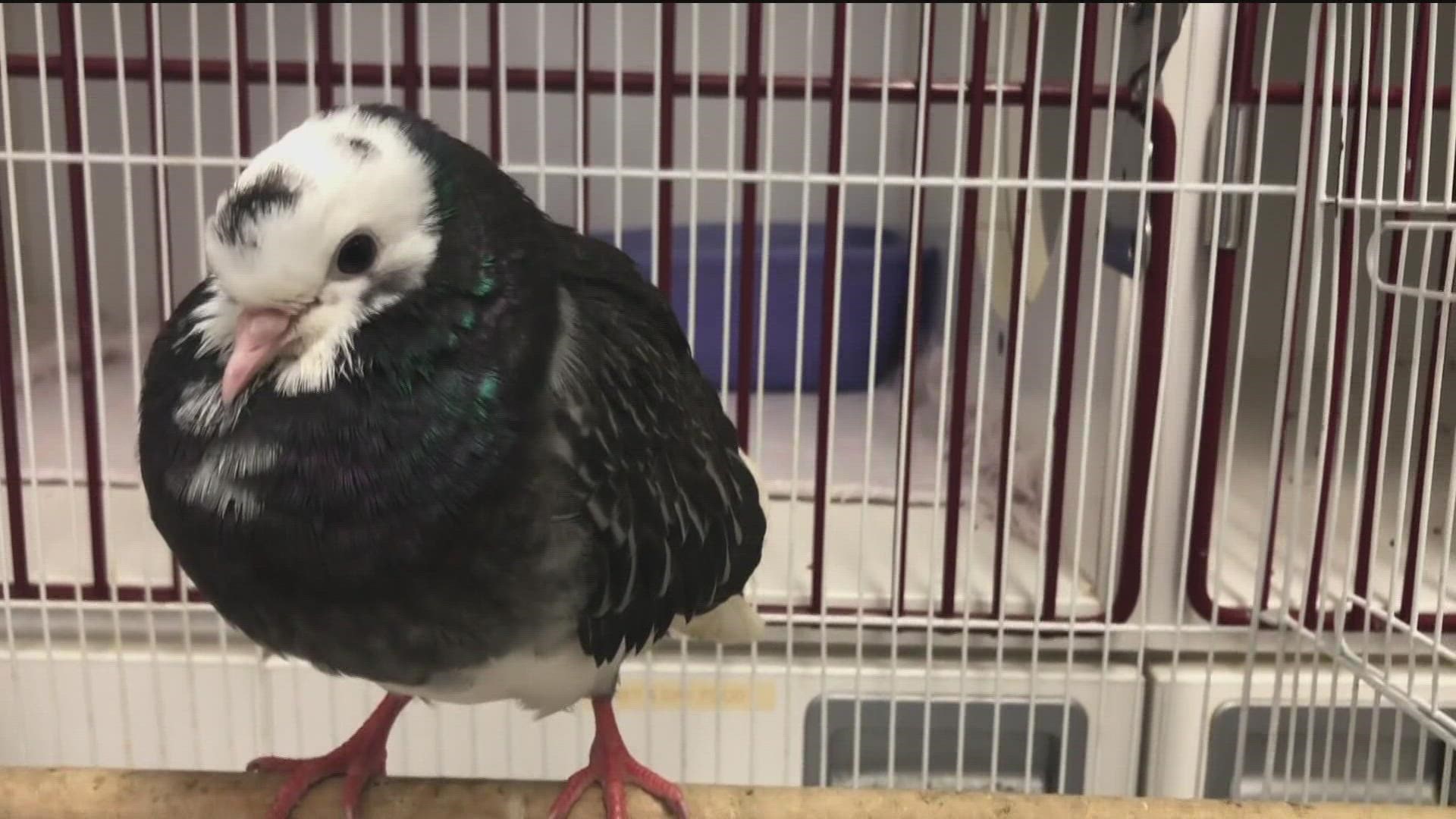SAN DIEGO — A positive case of the bird flu is now confirmed in San Diego County according to the San Diego Humane Society.
A black swan from Lake San Marcos tested positive by the California Department of Food and Agriculture.
The virus, highly pathogenic avian influenza, or HPAI, affects birds’ respiratory and neurological systems.
According to the USDA, across the country, 47.3 million birds have been affected and there’s a total of more than 626,000 outbreaks in California.
News of this prompted Sea World San Diego to halt its bird rescue work and the San Diego Humane Society’s Project Wildlife to take extra precautions as they treat sick or injured birds.
Last weekend, the non-profit group Clean Earth 4 Kids gathered around Lake San Marcos after swans and birds started rapidly dying.
"A tragedy that all San Diego needs to be concerned about," said Yusef Miller, who is representing Clean Earth 4 Kids in North County and the San Diego NAACP committee.
"They’ve been dying at an alarming rate. We lost 10 birds in 48 hours. I've dragged the bodies and watch them die the last few days," said San Marcos resident, Amber Lindsey.
However, this group believes it's due to toxic pesticides sprayed on the grass, not the bird flu.
"It's heartbreaking to see dying birds around us. We were heartbroken that toxic pesticides were used here," said Suzanne Hume, Educational Director Founder of Clean Earth 4 Kids.
Greg Thomas with Lake San Marcos Wildlife Rescue sent a few swans to U.C. Davis to have them tested. He is still waiting on results.
"It is poisoning. I don’t know if it's pesticides, but this happened the day after they sprayed. I can't count how many we have dying and are dying as we speak. The bird flu hasn’t reached yet and it cant be used as a scapegoat," said Thomas.
Currently, the Center for Disease Control says the possibility of a person catching symptoms of the bird flu is very low.
Right now, there isn't a vaccine available for humans.
WATCH RELATED: Baby owlets are the new 'Who's Who' of Escondido bird ranch (July 2022)

